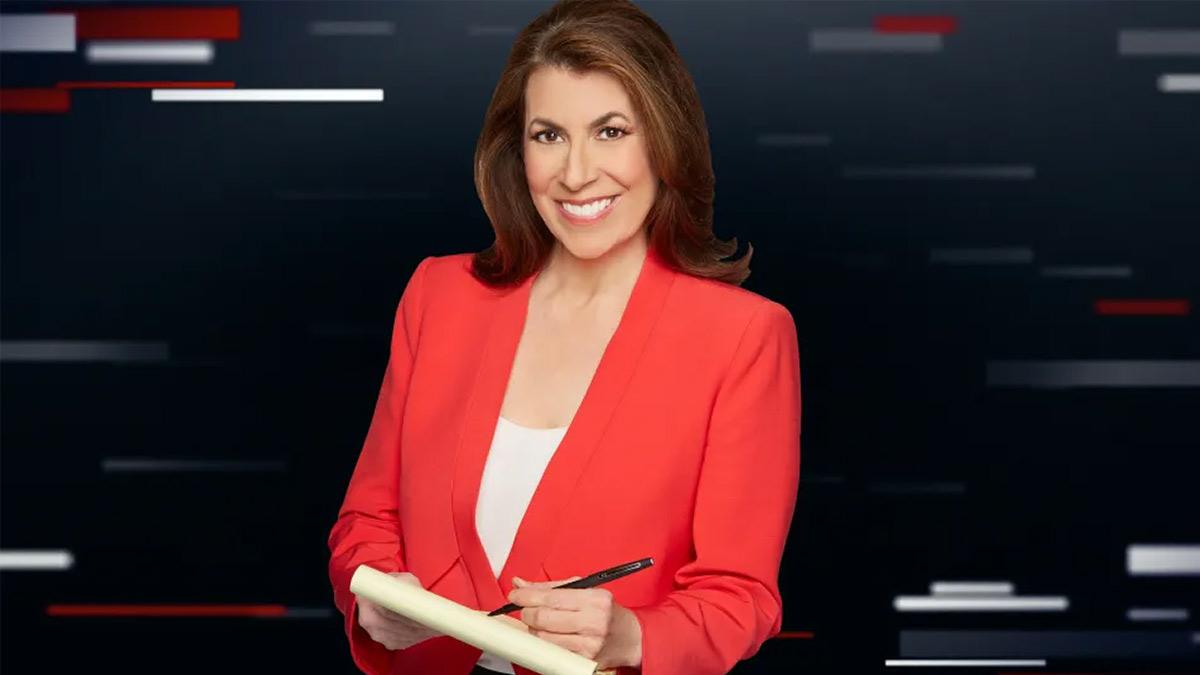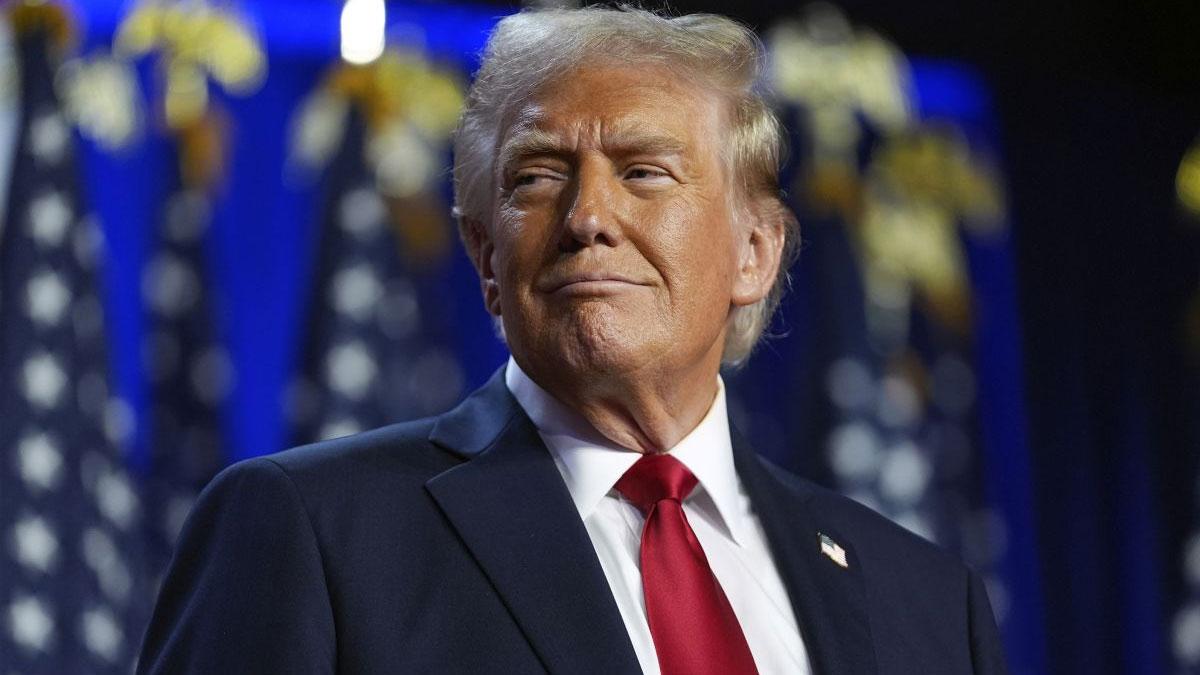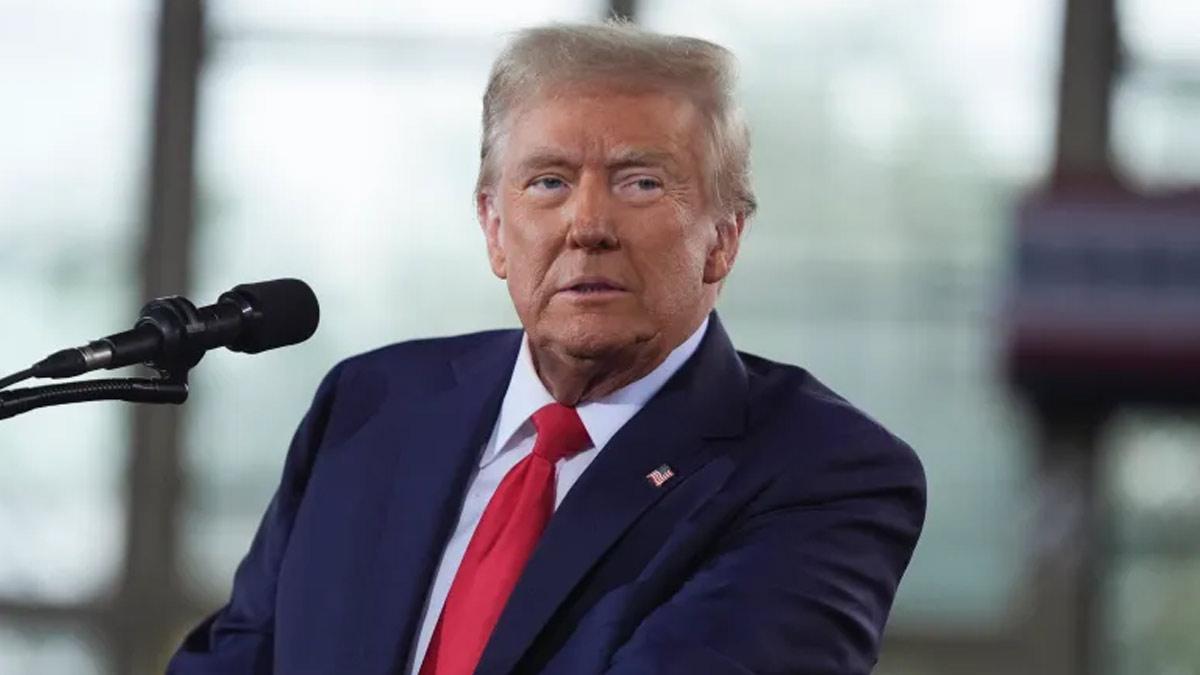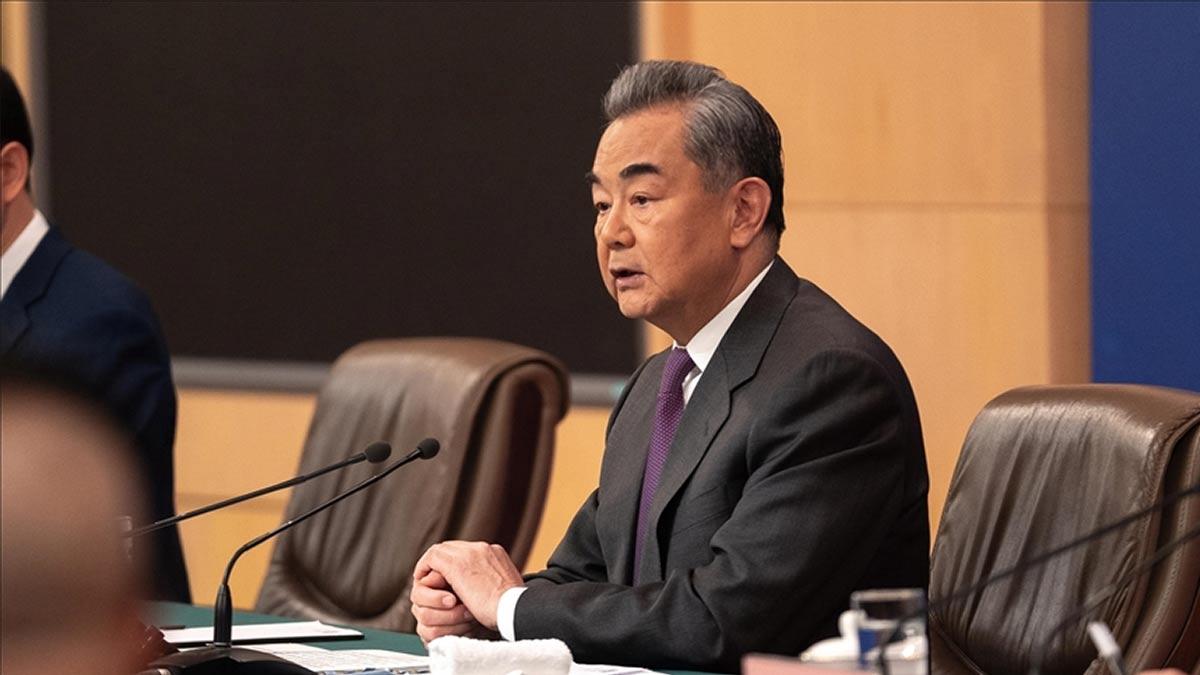In spite of India's constant opposition to outside intervention in the Kashmir dispute, U.S. State Department Spokesperson Tammy Bruce threw it into the limelight again, suggesting that it would not be out of character for President Donald Trump to try to intervene.
In her regular Tuesday press briefing, Bruce answered a question that quoted what the reporter called Trump's offer to serve as a mediator. "Clearly, I am not able to comment on what is in the president's head or the president's plans," she replied.
But she continued, "What I do know is that I believe we all know that President Trump with every move that he makes, it's designed to end generational differences between nations, generational war. So, it doesn't -- it shouldn't -- surprise anyone that he'd want to – manage something like that."
India, on its part, reaffirmed its unwavering policy on Kashmir via External Affairs Ministry Spokesperson Randhir Jaiswal. "We have long-standing national policy that whatever issues are related to the union territory of Jammu and Kashmir have to be resolved between India and Pakistan bilaterally," Jaiswal stated.
He added, "That policy remains unchanged. The outstanding issue is vacating illegally occupied Indian territory by Pakistan."
India's refusal to let third parties have a role in bilateral issues is based on agreements like the 1972 Tashkent Agreement, which emphasizes that problems between India and Pakistan need to be solved bilaterally.
Bruce also referred to recent interactions between U.S. and Indian authorities, stating that when a Parliamentary delegation under MP Shashi Tharoor met Deputy Secretary of State Landau, the U.S. reiterated its "strong support of India in the combat against terrorism, and strategic partnership of those two nations."
Speaking once more of the Kashmir issue, Bruce lauded Trump's work as an international diplomat, and said, "He appears very much to be – and not merely appears but is – has been the only one to get certain individuals to the table to have discussions that no one thought was possible.
She continued, "Though I don't speak to his plans, the world is aware of his character, and I couldn't comment on any information on what he may have in that area. You can call the White House. I think they'd have a lot to say."
Bruce also reiterated a U.S. claim — dismissed by Indian officials — that Washington played a role in securing a ceasefire during last month’s four-day hostilities between India and Pakistan.
It is a time of great excitement that if we can get to the point in that specific conflict [Indian-Pakistani conflict], thank God but thank also Secretary [of State Marco] Rubio and President Trump and the Vice President [JD Vance]," she stated, crediting U.S. leadership.
Yet, India has denied such claims. Foreign Secretary Vikram Misri told a Parliamentary Committee that the ceasefire accord with Pakistan was a product of direct bilateral choices and not facilitated by any third nation.
Misri added that India and Pakistan mutually decided to halt military action, and this was not done under any external influence.
Jaiswal shared similar opinions, assigning Pakistan's move to request a ceasefire to the triumph of India's military campaign, Operation Sindoor.
Let me be very clear, it was the power of Indian arms that forced Pakistan to halt its firing," he stated, also disclosing that "early [on] 10th morning, we had launched a very effective attack on crucial Pakistani Air Force bases. That is why they were now ready to cease firing and military operations.
Bruce was also asked if Pakistan had agreed to act against terrorist elements in a recent meeting between its delegation, headed by former Foreign Minister Bilawal Bhutto Zardari, and U.S. Under Secretary of Political Affairs Allison Hooker.
In reply, Bruce refused to give details, saying, "I am not going to talk about the details of those conversations."
Read also| Trump Warns Military Parade Protesters They’ll Be Met With ‘Very Heavy Force’


















